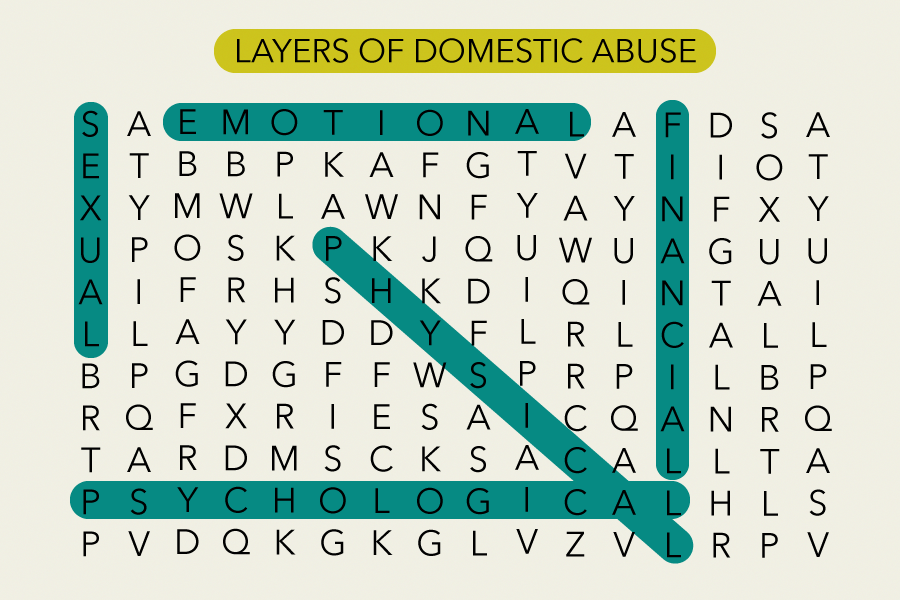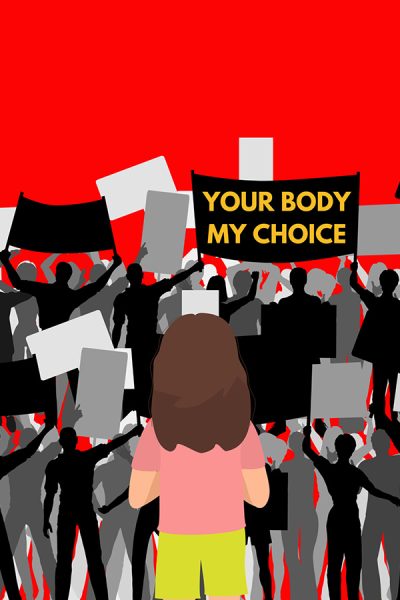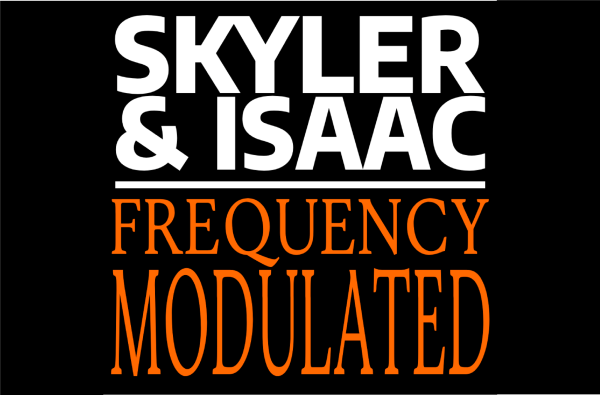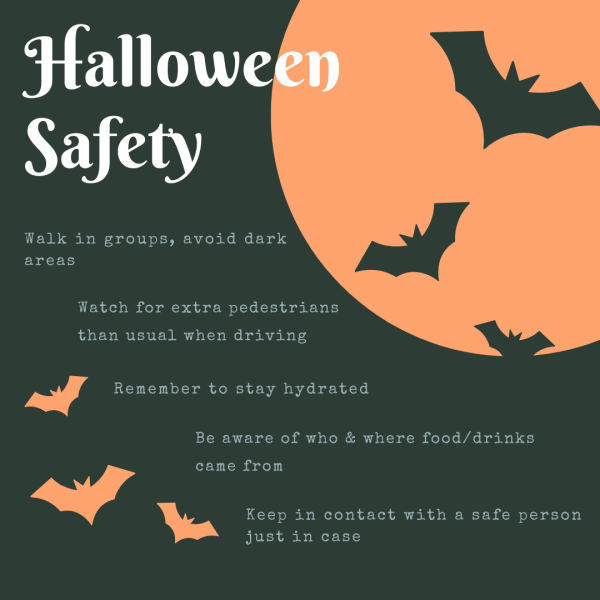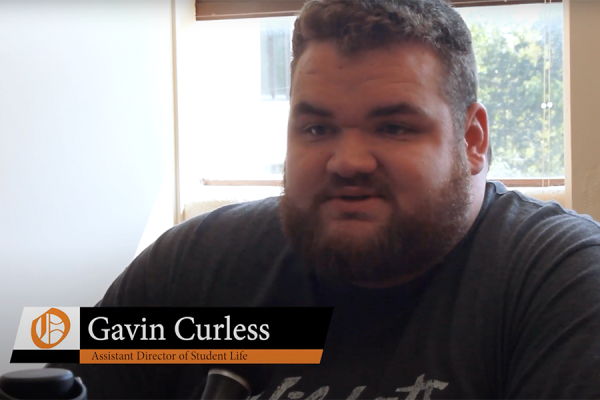Domestic Violence: Beyond the physical
Domestic violence is more than just physical abuse. Others layers include emotional, sexual, psychological and financial.
*Trigger warning* topics of abuse, domestic violence
Domestic violence, is a pattern of abusive behavior in any relationship that is used by one partner to gain or maintain power and control over another intimate partner. It is both uncomfortably common and rarely talked about.
In honor of Domestic Violence Awareness month, I am going to share my personal story of abuse, in hopes of taking away the stigma associated with domestic abuse. My wish for this story is to help someone who may be experiencing something similar.
I would assume that most people associate domestic violence with purely physical abuse. While that is part of it, there are many other layers including financial, or in my case emotional, sexual and psychological abuse.
In my experience, this included being told what I was and was not allowed to wear, controlling who I was and was not allowed to see and my partner constantly playing the victim. This relationship isolated me from my friends and family, and my partner somehow became both my enemy and my savior. They were the main source of my pain yet they were also the person I ran to when I was hurting. It was extremely confusing and I exerted all of my energy trying to keep the relationship alive.
There were frequent outbursts and fights followed by extreme feelings of connection, otherwise known as love bombing. My partner would often hurt himself and then place the blame directly on me. Nothing I did seemed to be enough and the emotional turmoil I experienced was extremely overwhelming.
It was very draining and I found myself in tears more often than not while in that relationship. It was isolating, damaging to my self-esteem and even though it occurred years before college, it has affected every relationship I have had since. I have had to reframe the way I view relationships and reframe the beliefs I held true about myself.
After the relationship ended, I was not able to process it for years. I had no idea that I had experienced an abusive relationship even after the multitude of red flags. I subconsciously blocked it from my mind and was unable to deal with any memories that came up.
It was not until my freshman year of college that I was introduced to the term domestic violence and its meaning.
I had just arrived on campus and was going through sorority recruitment. I was sitting in the dining room of my new sorority and was watching a generic video about healthy love and the signs of a toxic relationship. It was at that moment that something had clicked in my brain. I finally realized that I was someone who fell into the category of domestic abuse. I knew that I was meant to hear that message at that moment.
I was pretty quiet about my story after that but was now curious about domestic violence. I kept my eyes and ears open to learn more.
It was not until the position of Vice President of Philanthropy landed in my lap that I truly started to heal. I started doing research and hosting interactive workshops around domestic violence. Like many survivors, I quickly learned that I was not alone in my experience.
Over time, I have learned that my experience has shaped me, but it does not have to define who I am. I have only grown stronger from the experience and have changed my mindset from victim to survivor. I am now able to take the pain that I once felt and channel it into a strong passion for educating others.
My biggest piece of advice, that I need to take myself, would be to refrain from comparing traumas. It is usually the physical abuse that gets the most attention, leaving the other layers, emotional and financial, being seen as less impactful. No matter what the trauma may look like, it is valid and deserves thoughtful attention.
Just two years ago, I could not tell this story without breaking down. I was uncomfortable with my past and was unable to share it with anyone. But through my collegiate experience, I have gained the clarity and strength to share my truth today.
I am a survivor and I am stronger because of it.
Domestic violence can be confusing and can cause you to question yourself constantly. If my story resonated with you in any way, I encourage you to remain curious and seek support. Please know there are many resources available, on and off-campus.
On-campus:
PACE Office
Rachel Gadd-Nelson
Student Counseling Center
Dr. Tim Hodges, Director
785-594-8409
Rev. Kevin Hopkins, Campus Minister
785-594-4562
Off-campus:
The Sexual Trauma & Abuse Care Center
24/7 Support: 785-843-8985
Baker Office Hours Thurs 9-1 at Counseling Center
The Willow Domestic Violence Center
24/7 Support: 785-843-3333
willowdvcenter.org

Rebekah Nelson is a senior from Newton, Kans, majoring in mass media and minoring in studio art. She works as the multimedia editor for The Baker Orange...


